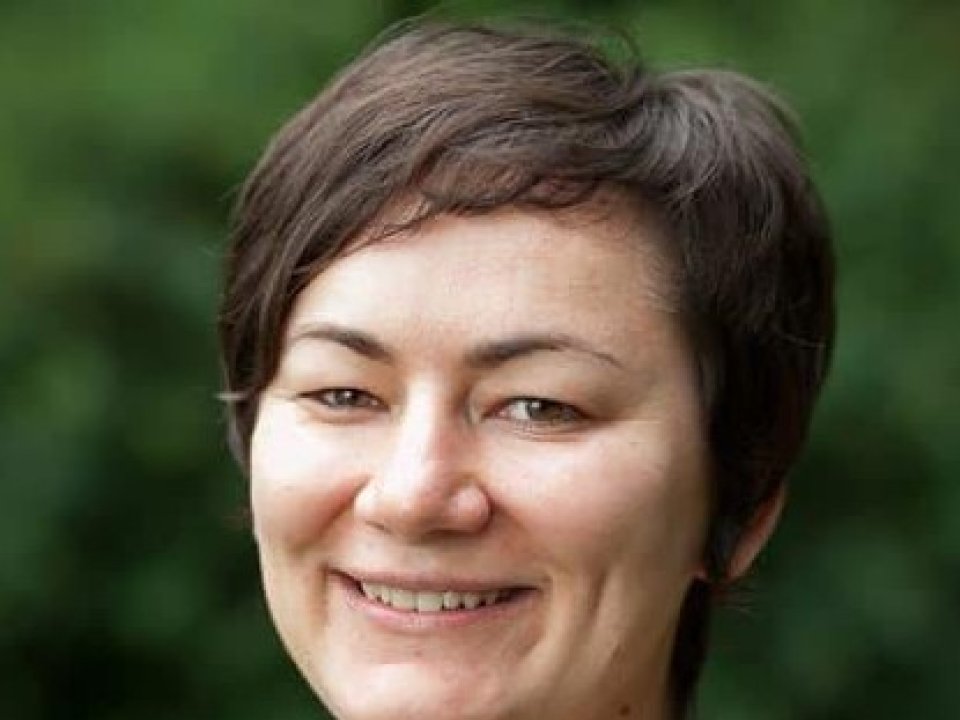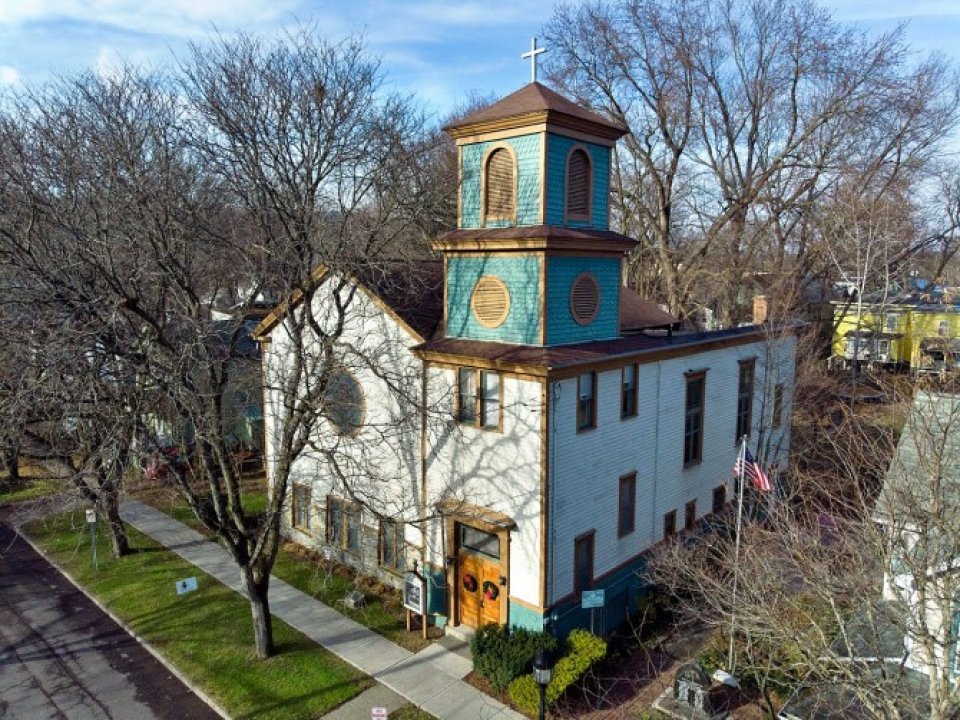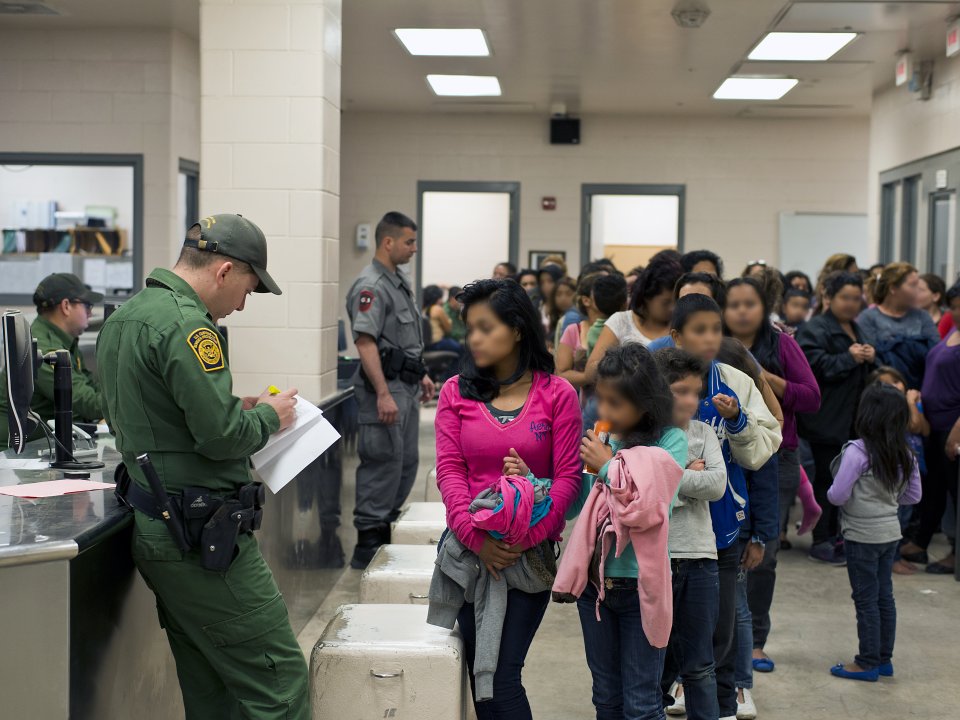News
Stephen Yale-Loehr, professor of immigration law, says, “There are a lot of issues that need to be resolved and so far there does not seem to be any coordination between state and local authorities to figure this out.”
Saida Hodžić, a Professor in the Anthropology Department and the Feminist, Gender and Sexuality Studies Department at Cornell University, discusses her work the fields of asylum and refugee studies from studies of refugees to critical studies of refuge, and her spring 2023 symposium, Displaced, Detained, Undeterred: The Violence of Uncertain Refuge.
Stephen Yale-Loehr, professor of immigration law, explains the impact of the US visa process on Afghan students.
Stephen Yale-Loehr, professor of immigration law, says, “People like immigrants they know, but worry about overall immigration levels. For that reason, it is easy for politicians to demonize immigrants by mouthing simple soundbites rather than tackling the complexity of the issue.”
Even in a tight labor market where the lowest-wage workers are seeing outsized gains, gig drivers, who deliver food or people for companies like Uber or DoorDash, are having a hard time notching pay wins.
Ariel Ortiz-Bobea, associate professor of applied economics and policy, discusses agricultural productivity.
Reina Fostyk, legal fellow in the Farmworker Legal Assistance Clinic, discusses an Ostego County order to ban asylum seekers.
“Voices on the Underground Railroad” is a collection of short narratives that Cornell University students have written, with maps that documented and rumored underground railroad stations and safe houses in Central and Western New York.
Estelle McKee and Jaclyn Kelley-Widmer are clinical professors at Cornell Law School, in Ithaca, who have worked with asylum seekers for decades. Their clients are often residents of Upstate New York, where they have joined communities in places such as Syracuse, Utica, and Ithaca — all thriving cities that have welcomed immigrants in recent years, but some of which are located in counties now banning new arrivals.
While anti-immigrant politicians in border states are seeking to score points by manufacturing a “migrant crisis” in destination cities and states, elected officials seeking to offer welcome are far from powerless. Responding to these challenges will require significant resources and ingenuity, but governors have tools at their disposal to rise to the occasion.
One of those tools is to allow new migrants to work.







